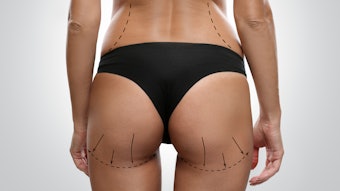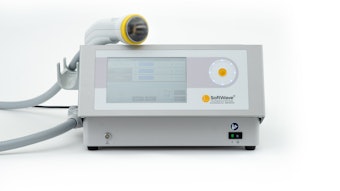
The corporate structure—or business type—you choose for your private medical aesthetic practice or medspa affects your ability to shield your business from outside claims and impacts your tax liability. Accordingly, when determining the best corporate structure for your business, you will need to consider two key factors: type of legal entity and type of tax treatment. In this article, we will discuss both.
Choice of Legal Entity
Before determining which legal entity is ideal for any venture, one must first understand “inside risks” versus “outside risks.”
“Inside risks” are those which threaten the business and its assets from the inside—risks that the business faces because of its activity. Examples of inside risks include lawsuits against the business by its customers for product liability, by its patients for malpractice or by its employees for wrongful termination. There is no corporate structure that can shield a business from such inside claims. That is why insurance is so important.
“Outside risks,” on the other hand, are potential claims against the owners’ interests in the business itself. An example of an outside risk is a practice owner who gets into a non-work-related car accident. Following a successful lawsuit against the owner, the plaintiff now wants to get to the assets or cash flow of the business to satisfy the judgment.
For outside risks, a limited liability company (LLC) is superior to a corporation because corporate stock is vulnerable to outside claims. A plaintiff with a successful lawsuit against the owner of a corporation can come after that owner’s corporate stock. Depending on the ownership percentage, the plaintiff may be able to gain access to all the assets of the corporation simply by taking the stock.
However, LLCs are generally shielded by the charging order rules, which do not allow the level of vulnerability to outside claims that corporations do. This is why attorneys typically recommend LLCs over corporations today.
Practices that are structured as corporate legal entities may have some protection against outside risks due to corporate practice of medicine laws, which allow only a licensed physician to own a medical practice. In many states, a non-doctor cannot own corporate stock in a facility that performs medical procedures, even if it is awarded in a lawsuit. In some states, these protections may also apply to licensed medspas. Still, in general and from a protection perspective, LLCs are preferred over corporations in all states.
Continue Reading the digital magazine to learn more about tax treatments and consideration...
David Mandell, JD, MBA, is an attorney and author of more than a dozen books for doctors, including Wealth Planning for the Modern Physician. He is a partner in the wealth management firm OJM Group (ojmgroup.com), where Carole C. Foos, CPA is a partner and tax consultant. They can be reached at 877.656.4362 or [email protected].
SPECIAL OFFER: The authors have recently completed Wealth Planning for the Modern Physician. To receive free print copies or ebook downloads of this book or Wealth Management Made Simple, text MEDESTH to 844.418.1212, or visit ojmbookstore.com and enter promotional code MEDESTH at checkout.











